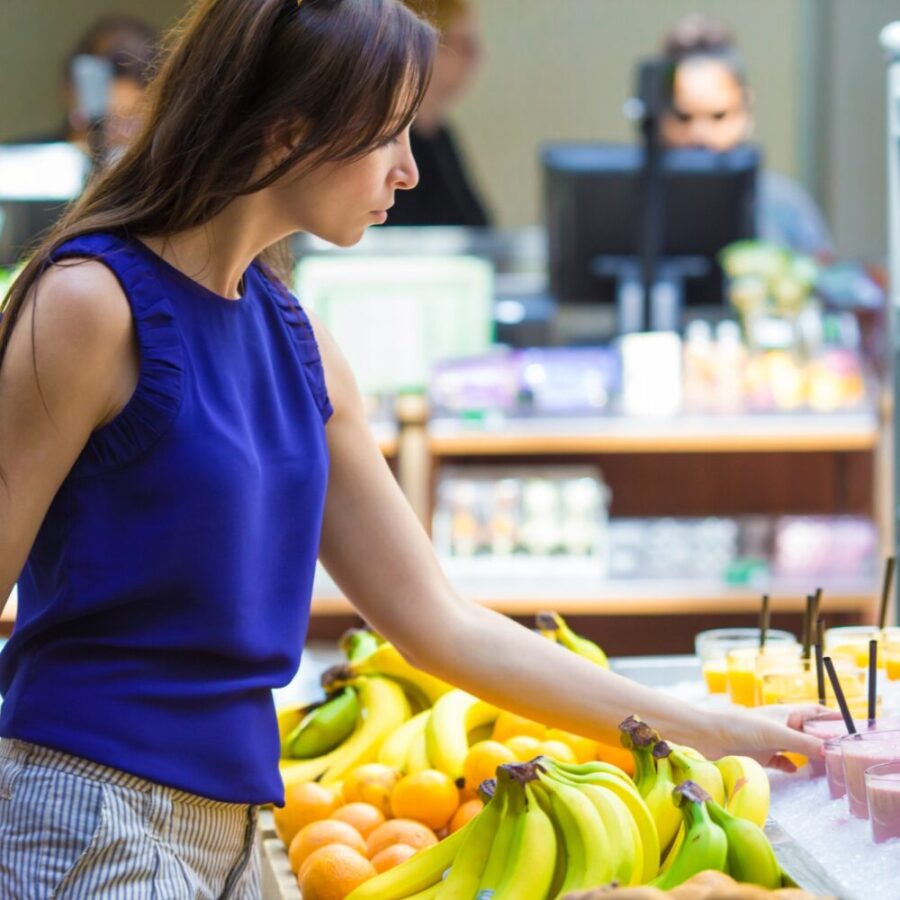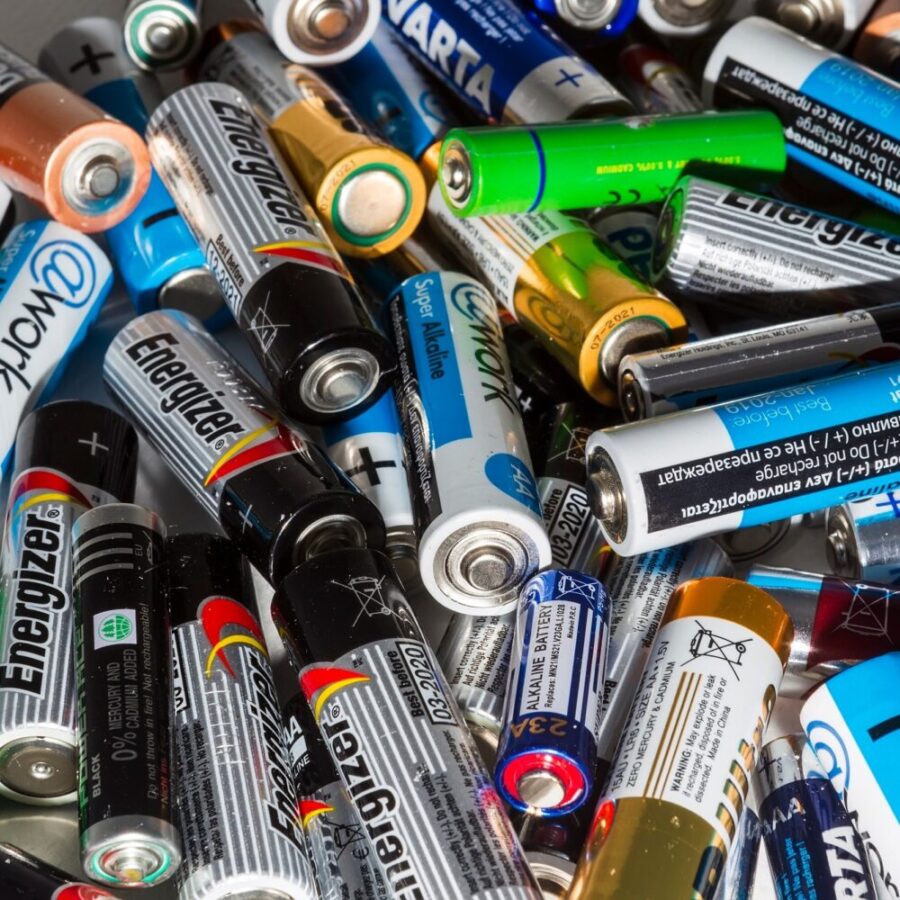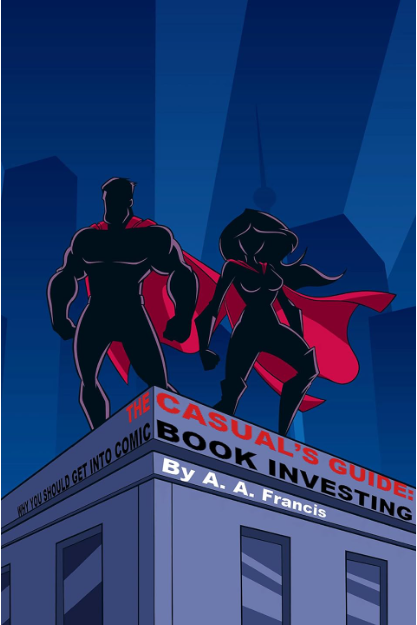12 Items You’re Paying For That You Can Almost Get For Free

123RF
There are so many items you should consider not buying any more because they are things you can get for free or relatively cheap.
If you are still buying bottled water, corporate coffee shop products, fast food, baby food, cleaning products, and many other retail items, then you are wasting your money and time. Many of these items you can probably get for free at home or buy relatively free and make yourself on your own terms
By making these informed lifestyle changes you can save a lot of money and help the environment. Here are 12 items you’re wasting money on that you can almost get for free, relative to your everyday spending habits.
Fast Food

123RF
Fast food is not good for you, but it’s a guilty pleasure that’s hard to avoid. It is becoming financially easier to avoid since many so many fast food corporations dramatically increased prices in recent years. It’s something you can relatively get for free by cooking at home. Bake seasoned French Fries and breaded chicken breast or fish fillets in an oven tray instead of deep frying them. Research how to make relatively healthier homemade fast food online, save money, and always eat a balanced diet.
Cleaning Products

123RF
You are paying hundreds of dollars annually on cleaning products you probably don’t use often. Then, you store them in a cupboard to be soon forgotten. You can research online how to make basic homemade cleaning products with ingredients like water, lemon, baking soda, and vinegar. These are products you can borrow or get for free compared to overpaying for consumer cleaning products.
Gym Membership Fees

123RF
Did you know the average gym membership fee ranges between $10 to $100 monthly? Most people with gym memberships procrastinate and never use them, so most gyms make money via automatic membership renewal. Work out at home with YouTube exercise videos, work out outdoors, or take up cheap or free community center workout classes. You don’t need expensive exercise equipment either, so learn about equipment-free workouts.
Books

123RF
Books are a vital and integral part of the human experience. No one is suggesting that books should be eradicated or forgotten – books will always exist. Still, new books are expensive, so why buy them when it’s something you can get for free? Strategize the amount of space you have in your home for physical books and borrow more from the local library. You can also download thousands of books onto your laptop or tablet.
Plastic Bags

123RF
Plastic products are here to stay. However, that fact is no reason to make the problem worse for the environment or your bank account. Most stores will charge you to buy plastic bags that you will use once and then throw away. It’s a wasteful cycle you will repeat with each store visit. Use reusable cloth bags whenever you shop. Many stores even offer discounts if you bring reusable bags to shop.
Bottled Water

123RF
Why buy bottled water when it’s something you can get for free? One-use plastic bottle receptacles are bad for the environment. The average cost of one gallon of bottled water is $1.23. That is like paying $450 annually for water if you only bought one gallon daily. Buy water filters and reusable water receptacles and drink from your tap.
Baby Food

123RF
Proud parents and grandparents are always happy to buy baby food, but this is something you can almost get for free. A baby will only eat pureed and soft foods for the first 24+ months of life, so why spend hundreds or thousands on overly processed baby food full of preservatives? Baby food corporations are often sued for selling tainted and dangerous products. Learn how to make your own baby food easily and safely from trusted online sources and social media videos.
Coffee

123RF
No one wants to deny you your daily caffeine fix, but why buy it from a corporate coffee shop when it’s something you can almost get for free at home? The typical American spends anywhere between $300 to $736 annually buying coffee from corporate coffee shops. Buy coffee beans in bulk, grind them yourself, brew at home, and invest in quality thermos receptacles. You will then pay mere cents per cup for your coffee fix.
Magazines and Newspapers

123RF
It is very hard to let go of long-ingrained cultural habits and practices. Still, there isn’t any reason to buy physical magazines and newspapers when it’s something you can get for free online. Buying them will either make you a hoarder or a regular visitor to your local recycling center. You can read them for free online. You can also pay a digital subscription, but many articles from your favorite writers are posted for free days or weeks later via digital syndication services.
Movie Tickets

123RF
It is laudable if you strive to support the film industry, but the world has changed. Unless going to the movie theater is a mentally ingrained entertainment ritual, it’s something you can get for free at home, relatively speaking. The baseline cost of a movie ticket ranges between $10 to $12 dollars. Movie theaters make most of their profits from concessions, which is why you pay outrageous prices for popcorn, soda, and candy bars. You can stream and download films from the comfort of your home where it’ll be cheaper and more comfortable.
Single-Use Batteries

123RF
Single-use batteries are exorbitantly expensive and are a plague on the environment. You usually pay anywhere between 38 cents to 75 cents for one double A battery, and usually more depending on the brand name. These batteries are then used in an appliance, and probably not efficiently, before being thrown away. Rechargeable batteries can last for up to 1,000+ recharges, which could translate to a life span of anywhere between three and seven years.
Granola and Snack Bars

123RF
It’s hard to give up snacks, treats, and candy as we age. You don’t necessarily have to if you eat a balanced diet. Still, consumer-grade snack bars and granola are very expensive. You can find online recipes to make your own granola and snack bars. You can customize them to your preferences and make them healthier and tastier. The main ingredients are much cheaper to source on your own than buying as an individual consumer product, so why buy something you can get for free?
Why Pay For These Items When They Are Things You Can Get For Free?

123RF
Remember, small informed changes about your consumer habits can lead to significant savings and a positive impact on the environment. Rethink your consumption habits and make choices that benefit both your wallet, lifestyle and the environment.
Read More
Beware of What You Breathe: 10 Reasons Your New Rug’s Scent Could Spell Trouble
Cultural Appropriation Scandals: 16 Times the Line Was Crossed in Pop Culture

Allen Francis is a full-time writer, prolific comic book investor and author of The Casual’s Guide: Why You Should Get Into Comic Book Investing. Allen holds a BA degree from Marymount Manhattan College. Before becoming a writer Allen was an academic advisor, librarian, and college adjunct for many years. Allen is an advocate of best personal financial practices including saving and investing in your own small business.




